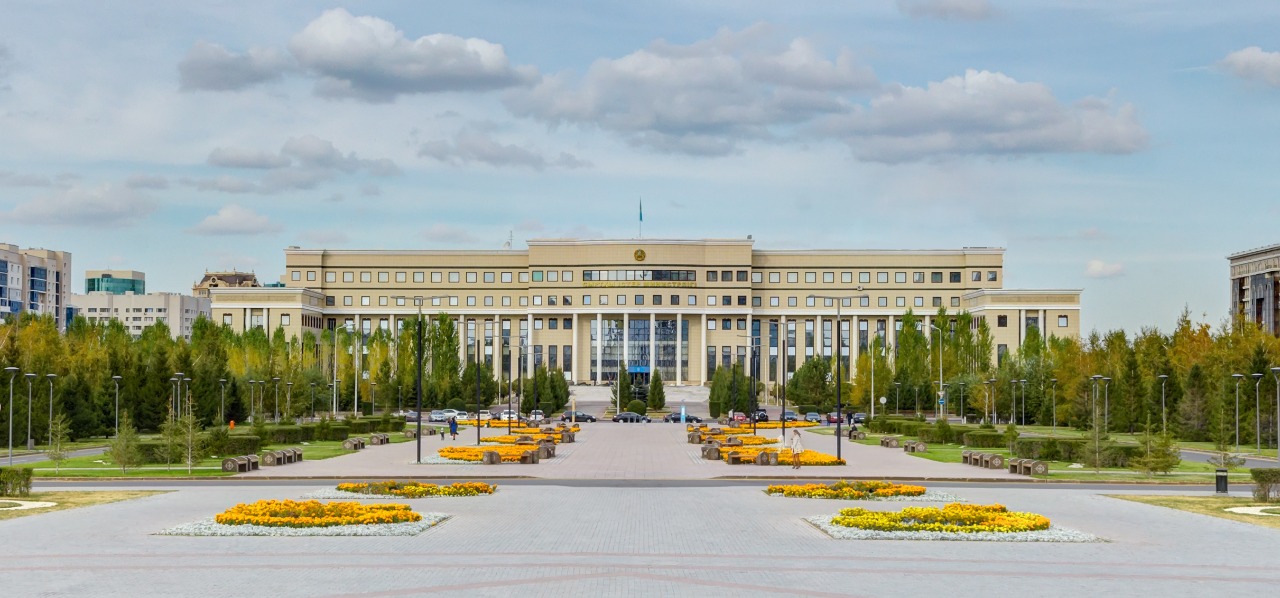NUR-SULTAN – Kazakh Deputy Foreign Minister Yerzhan Ashikbayev reaffirmed Kazakhstan’s commitment to supporting the UN Global Counter-Terrorism Strategy in Central Asia during the Nov. 26 high-level virtual meeting discussing the results of the United Nations Development Program’s (UNDP’s) violent extremism prevention project in Central Asia.

Photo credit: the Kazakh Foreign Ministry.
He also stressed the importance of promoting the Code of Conduct to achieve a world free of terrorism, proposed by Kazakhstan’s First President Nursultan Nazarbayev in the UN Security Council in 2017.
In addition to this, Ashikbayev spoke in detail about Kazakhstan’s experience in providing repatriation for citizens in conflict zones and their rehabilitation. The deputy minister called for strengthening cooperation with UN agencies and other international partners in this sphere.
“Against the continued risks that violent extremism poses to the region, we also observe with appreciation the efforts made by governments in the region to develop policies and take action to enable development solutions to prevent violent extremism that are grounded in international human rights standards,” said Agi Veres, the UNDP deputy regional director and the deputy assistant administrator for Europe and the Commonwealth of Independent States.
The UNDP gathered government officials, UN regional leaders, development partners, civil society, and experts at the high level meeting to summarize its two-year project, Strengthening Community Resilience and Regional Cooperation to Prevent Violent Extremism in Central Asia. The project contributed to the 2030 Agenda and sustainable development goal (SDG) 16 – Promoting Peace, Justice and Strong institutions.
The project aimed to ensure socio-economic inclusion of vulnerable youth to build resilience in communities against violent extremism. During 2018-2020, the project directly supported over 6,000 young women and men in Kazakhstan, Kyrgyzstan, Tajikistan, and Turkmenistan. The UN specialists worked to provide reskilling activities, mentorship support, vocational training, promoting youth entrepreneurship, apprenticeship opportunities, as well as soft skills.
Ashikbayev thanked the UN and the Japanese government, which funded this initiative, for the successful implementation of the project, which supported the socio-economic engagement and civic engagement of youth in the region’s countries.
